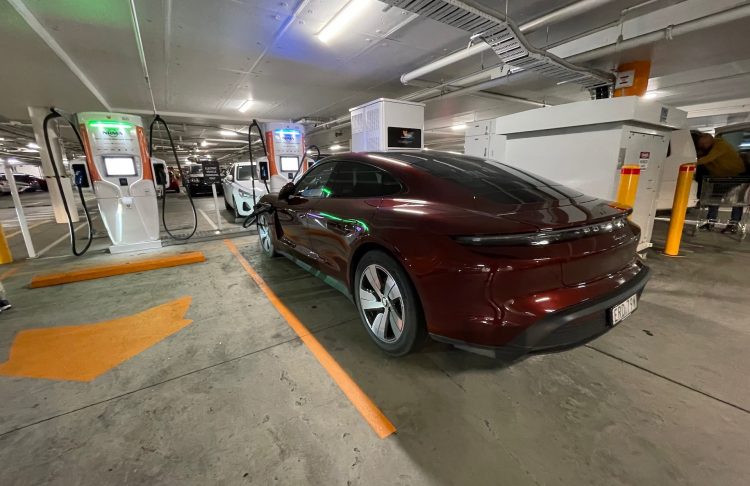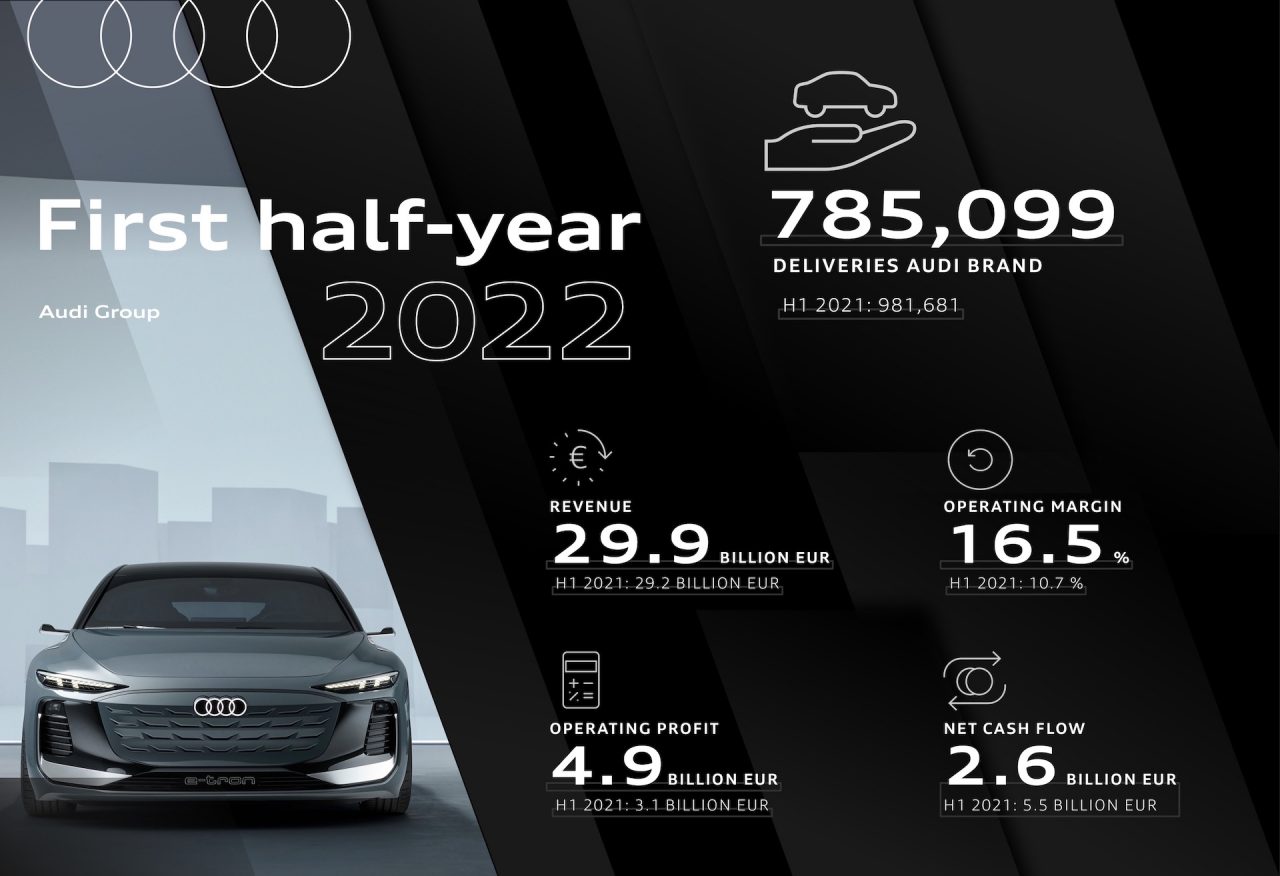Australia’s peak automotive organisations have reached a ‘historic’ agreement that sets out a loose roadmap in Australia’s transition to low emissions and all-electric fleets in the future.
The agreement was made at a recent Industry Summit, which was attended by Aussie organisations that cover everything from the sale and distribution, servicing and repairs, providing novated leases, aftermarket parts and more for vehicles here in Australia.
Specifically: MTAA & Members Associations, Federal Chamber of Automotive Industries, Australian Automotive Aftermarket Association, Australian Automotive Dealers Association, and National Automotive Leasing & Salary Packaging Association.
While the agreement doesn’t outline any specific dates, the entities did agree to a set of 25 principles that at least give an indication where the momentum is moving in the future.
This includes the “embracing of electrification in the Australian motor vehicle fleet” as well as “mandating CO2 targets”, and not mandates or specific targets on EV take-up.
Also mentioned is supporting the Federal Government’s National Zero and Low Emission Vehicle (ZLEV) strategy, as well as maintaining the servicing and repair legacy of the internal combustion engine.
Interestingly, the body states that it will be opposing the introduction of any bans that lead to limited consumer choices in order to meet Australia’s emission reduction targets. This is particularly important when you consider that the group intentionally skipped outlining any electric vehicle targets.
Essentially, their position is that they’re in favour of reducing emissions, but aren’t keen on the idea of any firm electric vehicle targets in order to achieve reduced emissions that could limit consumer options.
They also want to ensure that any and all government’s targets are realistic, “supported by facts” and applied specifically to the context of Australia in the hunt for reduced emissions. The FCAI’s CEO, Tony Weber, said:
“The ultimate goal is a fully decarbonised car fleet, but to get there a mix of hybrid, plug-in hybrid, battery electric and efficient internal combustion engine vehicles will be needed.”

